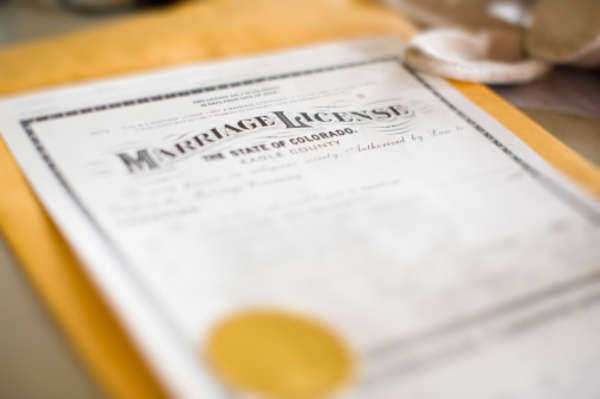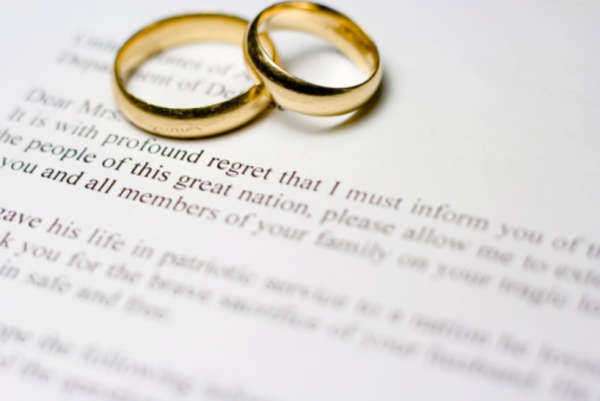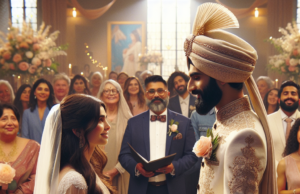Gay Marriage Laws in Alabama
 Gay
Gay
marriage news has been more prevalently covered by the media. In fact, the LGBT
community has been more widely accepted by society for quite some time.
However, gay marriage facts suggest that state laws are not keeping up with
that trend. Unfortunately, many states still forbid gay marriage. Facts suggest
that this trend may continue for some time.
continue to ban gay marriage. News coverage is slowly helping to change laws
and encourage equality. However, the process is slow, which sometimes
forces LGBT couples to travel to other states to enter into a civil union
or gay marriage. Facts suggest that those marriages are not likely to be
recognized by a large percentage of states in the U.S.
Marriage Amendment in 2006. The amendment passed by 81% of votes. The amendment
was meant to protect the sanctity of marriage as a union between a man and
woman.
between a man and woman will be recognized by the state of Alabama, regardless
of whether or not the couple had a license and whether or not it was legally
banned when the couple entered into gay marriage.
opposition to any LGBT relationships are made clear in the amendment. Law
makers worded it in such a way that it bans all unions between same sex
couples, including gay marriage. News trends suggest that this is not an
uncommon practice in the wording of amendments.
not specifically banned according to the language used, it does ban same sex
marriage and civil unions explicitly. In addition, it specifically states that
it only recognizes the unique relationships between a man and a woman, opposing
relationships between same sex couples at least 6 times.
While many people fight for equal rights for everyone, some state laws are
significantly lacking for the allowance of equal rights. For example, Alabama
has no recognition for hate crimes committed against the LGBT community. Not
only do they forbid gay marriage, facts suggest that they are opposed to equal
rights for the LGBT community.
now legal in Alabama, is because of a federal statute that legalized it. The
Sanctity of Marriage Amendment also alludes to the fact that the stability and welfare
of society is jeopardized by gay marriage.
scrutinize states that pass such amendments. Often, the public is only exposed
to this type of news, when there is a large public outcry against such actions.
While many media outlets cover some issues related to gay marriage, news
coverage often excludes the pain associated with couples inability to have
their relationship legally recognized.
















